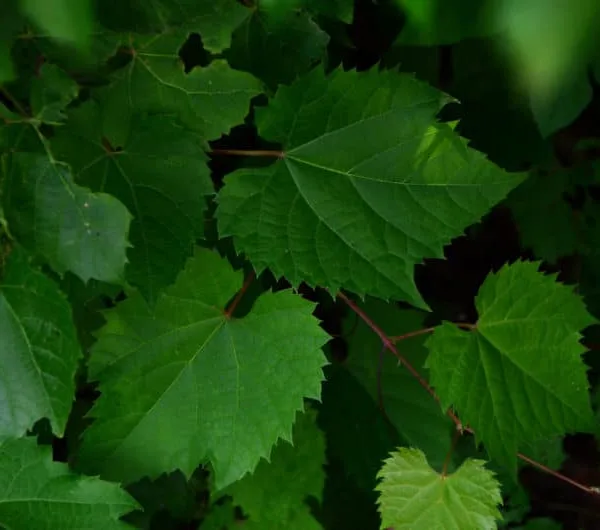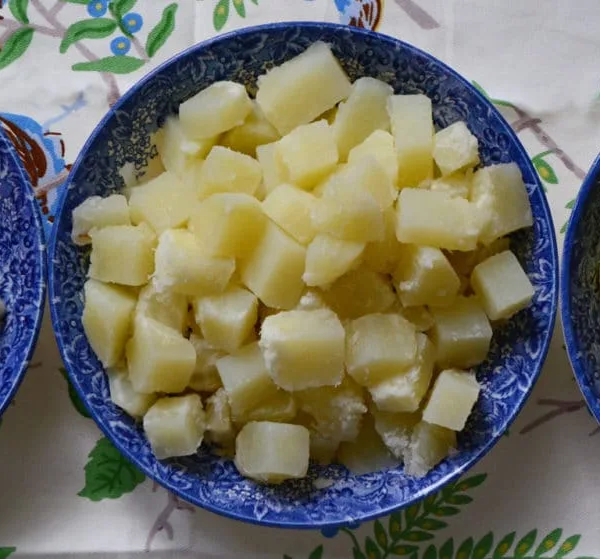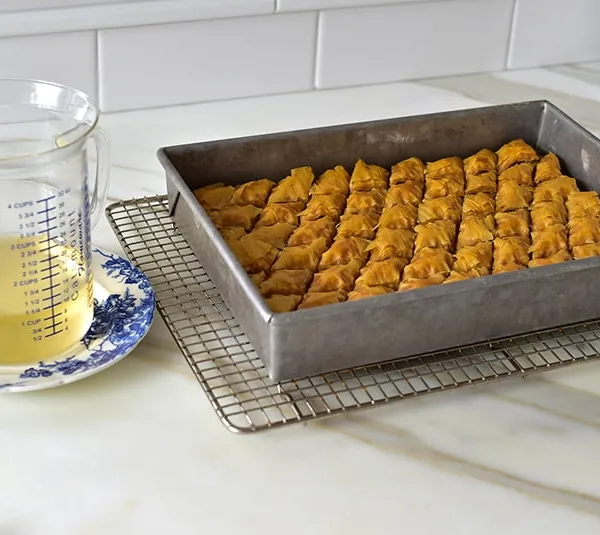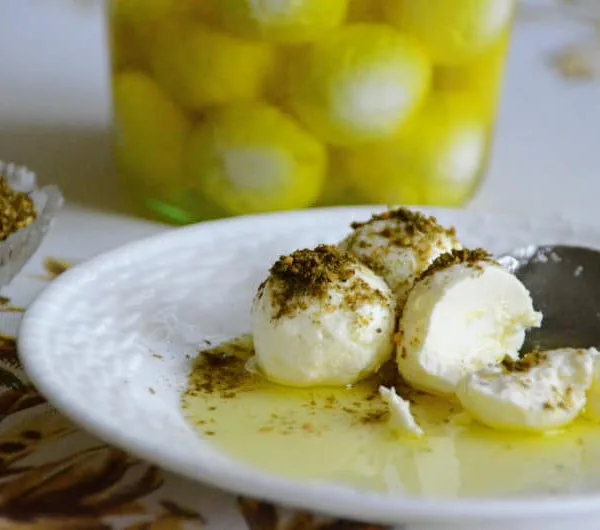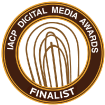This post may contain affiliate links. Please read our disclosure policy.
I was always someone who was bothered by the division of labor in our house growing up. Boys mowed the lawn. Girls changed the beds. But the gathering of men at the barbeque—that one never bothered me. Instead it just beckoned me, and I followed. I understood from early on that when the grill was lit and the raw meats of all kinds laid out in their pan to be seasoned with copious salt and pepper, something important was happening. Was it kafta? Was it shish tawook? Something I did not want to miss.
From the very far reaches of what seemed like our endless backyard when I was small, back in the corner where the monkey bars were cemented into the ground so they could stand firm against our play and call children from across the yards like a lighthouse, I had my first awareness of the grill and what it meant. Our cousins the Nakfoors were over, likely on a Sunday afternoon. Many kids were scattered in the yard, screaming and laughing. Adults were on the patio hovering and talking and laughing, and from the center of that hover were my father and uncles, manning the grill (all older men were and are “uncle,” regardless of their precise familial connection. It’s a sign of Lebanese love and respect).
Like the monkey bars, the grill too was cemented into the ground in its own message of stability, another expression that we were here to stay. Solid grill, solid family. A waft of the most luscious, smokey scent curled up into the air. I caught it, as did the other children, and one by one we found our way through the yard to the grill to get a closer look.
The grill lid was closed and the adults were doing what they do, and I was listening as though I understood, as though I was one of them. I stretched out my hand to get a little closer to everything, to get more comfortable and lean against the grill, having no idea of its heat (I was very young, ok?, not older than five). The burn was swift, as was my shock. Once the scene calmed down I was given a cold bowl of water at the picnic table to keep my hand in. The icy cold numbed my hand and made me think it was healed, so I would run away into the depths of the yard, only to discover I was still burned and had to run back to the ice water again. I tried again and again but finally knew I had to remain there at the table.
My father came by and took me over to the grill. He showed me where I could touch, and where I couldn’t. He cut off a little piece of the laham mishweh, lamb shish kebab, and gave us both a bite that is seared on my memory as clearly as the burn on my hand. The meat was tender and pink on the inside, smokey, salty and charred on the outside. I think this was the first time I noticed my father eating, the way he chewed and licked his full lips and ate what seemed like the most succulent bite of his life. In retrospect, the psychotherapist in me wonders if it’s possible that I burned my hand just so I could get my father’s attention in the crowd, and get a first bite of that meat from him.
I’m not inclined to take on a burn for the laham mishweh now, and the grill these days is manned quite competently by the ladies too. But the ritual never changes. The moment someone says I’ll light the grill, something important starts happening, and one by one the family makes its way from the far reaches of wherever we might be, simply to stand there, remembering and talking and laughing and tasting under a smokey halo.
